Chinese stock market "tsunami"
On the morning of October 8, the Chinese stock market exploded after the country's National Day holiday (October 1-7). The 300-day CSI index unexpectedly increased by more than 10%, despite having increased very strongly before.
Positive data on home sales and consumer spending have added fresh momentum to the stock market, which has enjoyed a string of breakout sessions following Beijing’s unprecedented economic stimulus package.
In total, China’s stock market has risen about 30% in a very short period of time, the biggest gain since 2015. Before that, Chinese stocks had fallen more than 45% in value from their 2021 peak to mid-September 2024.
In contrast to China, US stock markets fell sharply on October 7 (early morning of October 8, Vietnam time). The Dow Jones Industrial Average fell nearly 400 points on October 7.
China's stock market began to reverse upward in late September after Beijing announced a series of support measures, including interest rate cuts, reserve requirement ratio reductions for banks and liquidity support for stocks. Subsequently, local governments in many tier-1 cities also launched solutions to revive the real estate market.
The policy moves, both monetary and fiscal, immediately attracted the attention of the “sharks” on the Wall Street market. The giants Goldman Sachs, HSBC and BlackRock upgraded their recommendations on this once very underrated stock market.

China will hold a press conference on the morning of October 9 to announce more details on a policy package to boost economic growth, which is considered a decisive factor for the sustainability of the rally in the country's stock market.
Large funds such as BlackRock, Man Group, Appaloosa Management... also quickly joined the Chinese stock market. On CNBC, a representative of Appaloosa Management even declared that he was "buying everything related to China".
The surge in Chinese stocks has been impressive, and the rally is expected to continue as stocks have been trading at deep discounts compared to developed markets. The excitement is reflected in the soaring turnover on the Shanghai and Shenzhen exchanges.
However, many institutions believe the rally may be short-lived. BlackRock said it remains prepared to pivot and is cautious over the long term due to “China’s structural challenges.”
There are also trade and geopolitical concerns. US-China tensions and some regional geopolitical issues are dark clouds that could turn into a headwind at any time. Some experts still stay away from Chinese stocks no matter how attractive the new economic policies are.
Moreover, some fear that China’s stock market could repeat the “lost decade” of Japan in the 1990s, when Japanese stocks took two decades to return to a long-term growth cycle after the economic bubble burst 30 years ago. The risk for China could be even greater because of the strained relationship between Beijing and the West.
Where will the world's money flow?
There are signs that money is flowing into the Chinese stock market, while withdrawing from the US. In Vietnam, foreign investors have stopped selling net (several billions of USD since the beginning of the year), and recently there have been many strong net buying sessions, up to several hundred billion VND.
Foreign capital flows from investment funds are very volatile, and most of them are no longer held for the medium and long term as before. The sharp increase and rapid participation of Western funds in the Chinese stock market in recent weeks shows that.
Whether or not the Chinese stock market will continue to rise depends on the country's next economic support measures, according to many experts. However, once the Chinese market weakens, the money flow will shift, not excluding a portion of it flowing into Vietnam, although the scale will usually be very small.
In September, foreign investors made significant net purchases if excluding the divestment deal worth nearly VND2,700 billion at VIB.
In fact, Vietnam’s stock market is still marginal and not very attractive. The difficulties of large enterprises, along with the impact of Typhoon Yagi on the economy and other fluctuations, still make foreign investors cautious.
According to Mirae Asset Securities, in October, factors affecting the stock market include: third quarter business results with high growth expectations thanks to the low base of the same period; prospects for upgrading the stock market and FTSE's assessment (most likely in September 2025); many draft laws passed at the 8th National Assembly session opening on October 21, such as: Law on Public Investment, Law on Value Added Tax amended...
Positive FDI inflows, the Government's efforts to boost public investment, a large amount of money expected to be pumped out through bank lending activities according to the 15% credit growth target, and the trend of low lending interest rates... can also have a positive impact on the stock market.
However, the cash flow into the stock market is still quite low. Liquidity has decreased in recent sessions. On the morning of October 8, the VN-Index decreased slightly, losing 0.57 points to 1,269.36 points, with liquidity reaching less than VND 7,500 billion on HoSE. The 1,300 point mark is still a difficult threshold to overcome.
In the world, the cash flow has not shown a clear trend when gold and US stocks are at record high prices, and foreign bonds will also gradually lose their appeal when interest rates go down. The cash flow into the Chinese stock market is also only partial and is not expected to last long. Money has recently been pouring into the USD, thereby causing the currency to increase in value again, and it is possible that the cash flow will also return to US stocks when the operating interest rate decreases and the US economy is forecast to have very little chance of recession, instead it is a soft landing scenario.
For Vietnam, the economy still attracts steadily growing FDI capital. Many securities companies forecast that FII capital flows will increase again in 2025 when the market is upgraded.
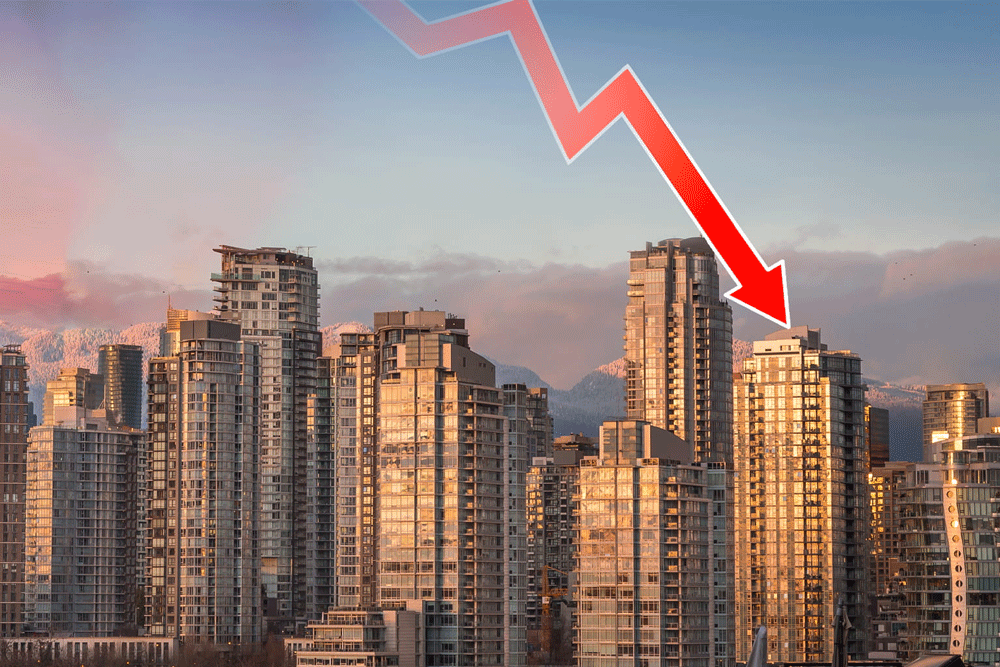
Source: https://vietnamnet.vn/song-than-thi-truong-hiem-co-sau-trung-quoc-ca-map-my-do-tien-vao-dau-2329882.html





![[Photo] Prime Minister Pham Minh Chinh launched a peak emulation campaign to achieve achievements in celebration of the 14th National Party Congress](https://vphoto.vietnam.vn/thumb/1200x675/vietnam/resource/IMAGE/2025/10/5/8869ec5cdbc740f58fbf2ae73f065076)




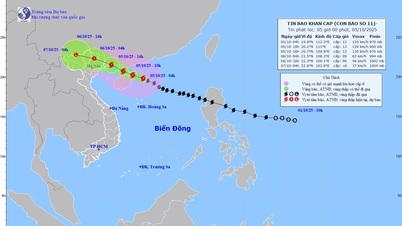

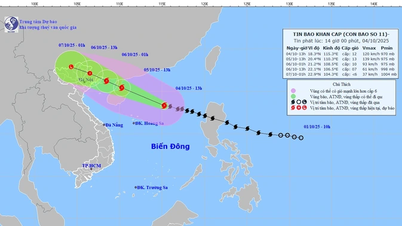




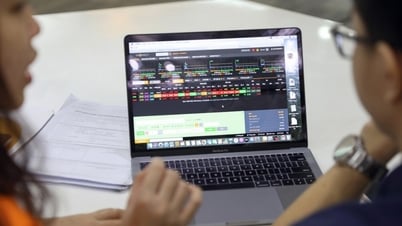








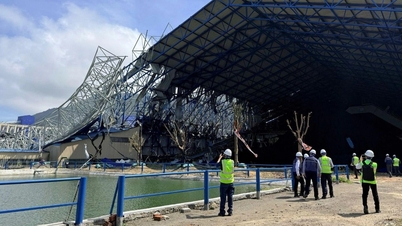










![[Photo] Bustling Mid-Autumn Festival at the Museum of Ethnology](https://vphoto.vietnam.vn/thumb/1200x675/vietnam/resource/IMAGE/2025/10/4/da8d5927734d4ca58e3eced14bc435a3)























![[VIDEO] Summary of Petrovietnam's 50th Anniversary Ceremony](https://vphoto.vietnam.vn/thumb/402x226/vietnam/resource/IMAGE/2025/10/4/abe133bdb8114793a16d4fe3e5bd0f12)

![[VIDEO] GENERAL SECRETARY TO LAM AWARDS PETROVIETNAM 8 GOLDEN WORDS: "PIONEER - EXCELLENT - SUSTAINABLE - GLOBAL"](https://vphoto.vietnam.vn/thumb/402x226/vietnam/resource/IMAGE/2025/7/23/c2fdb48863e846cfa9fb8e6ea9cf44e7)

































Comment (0)